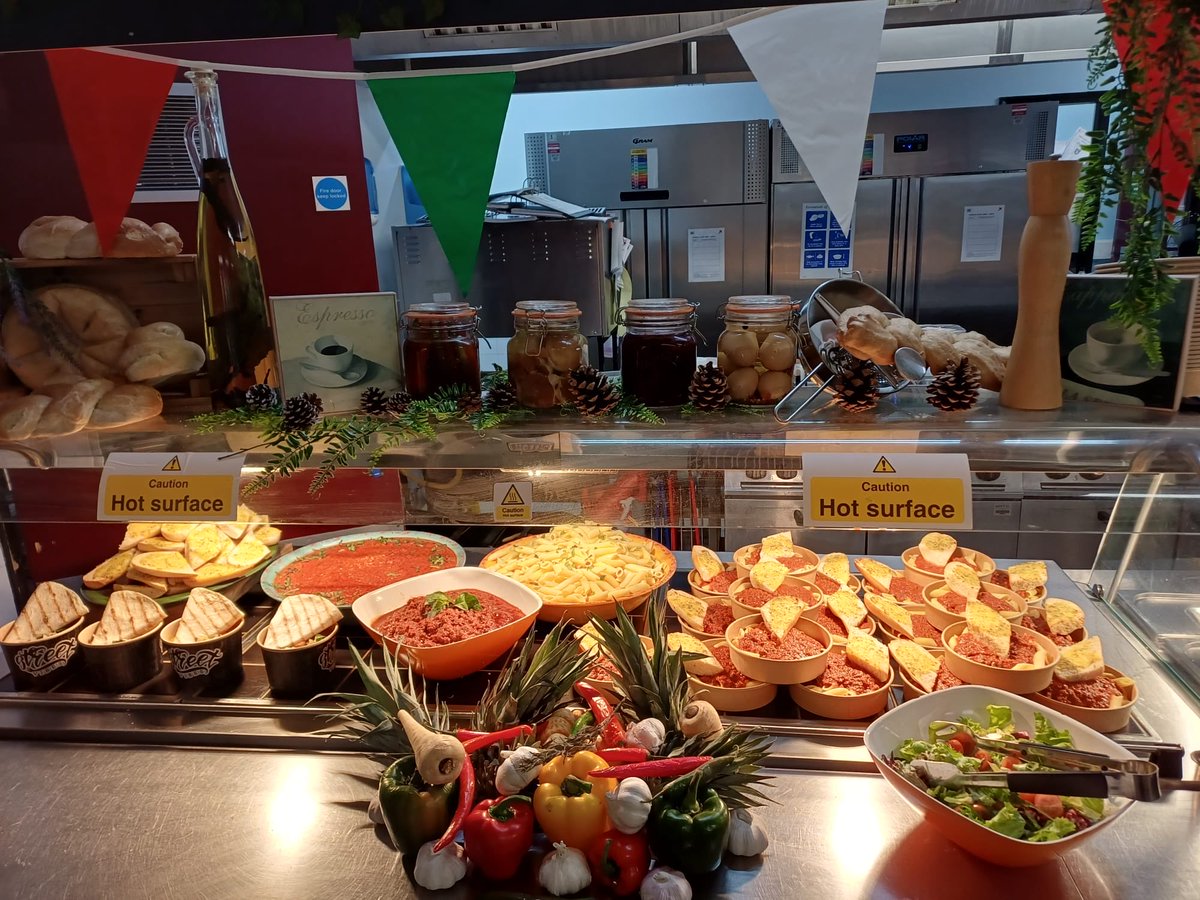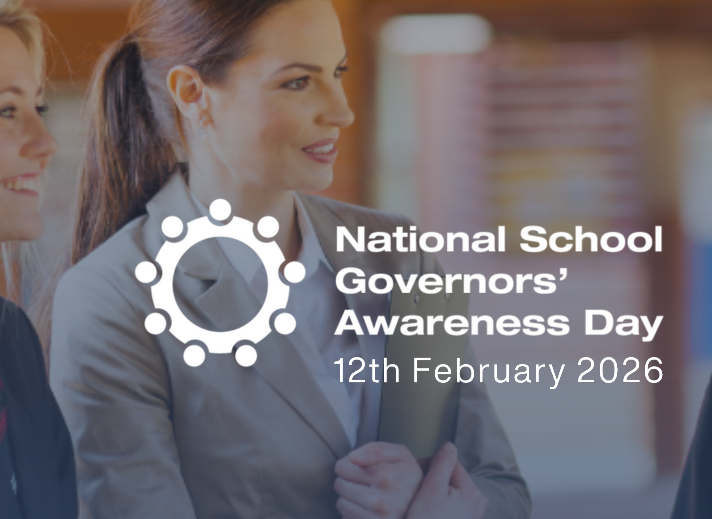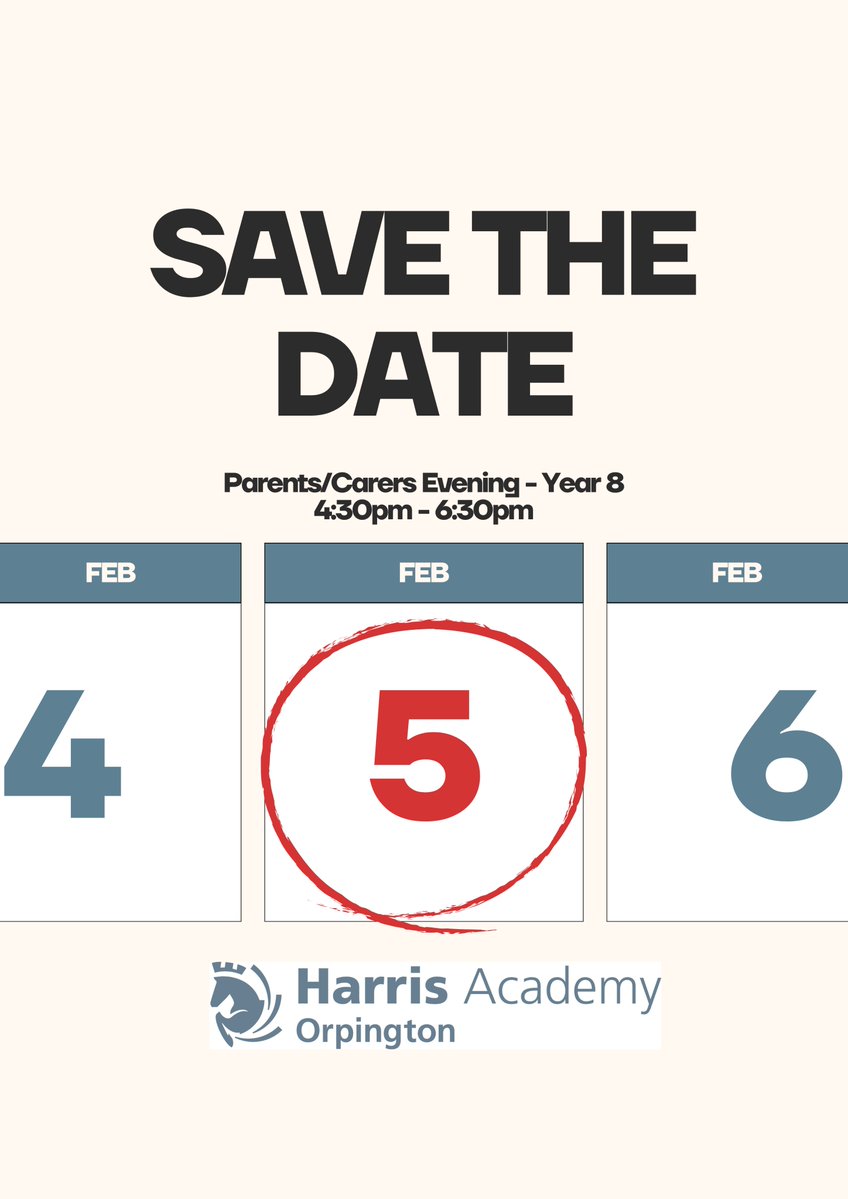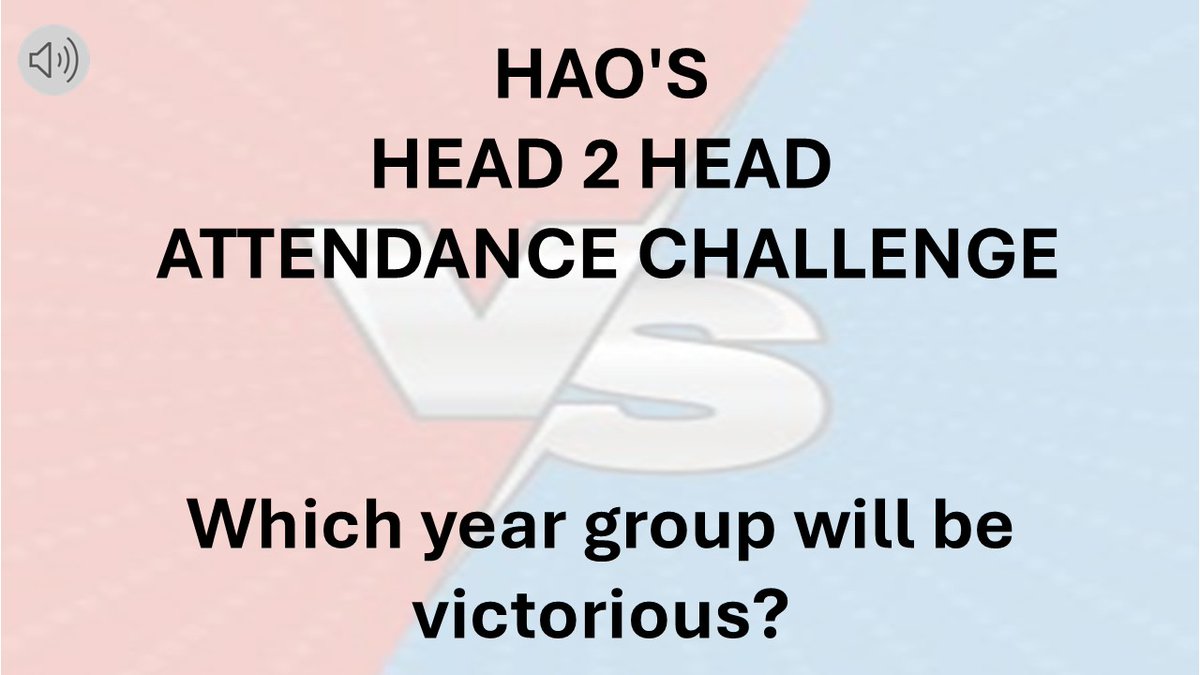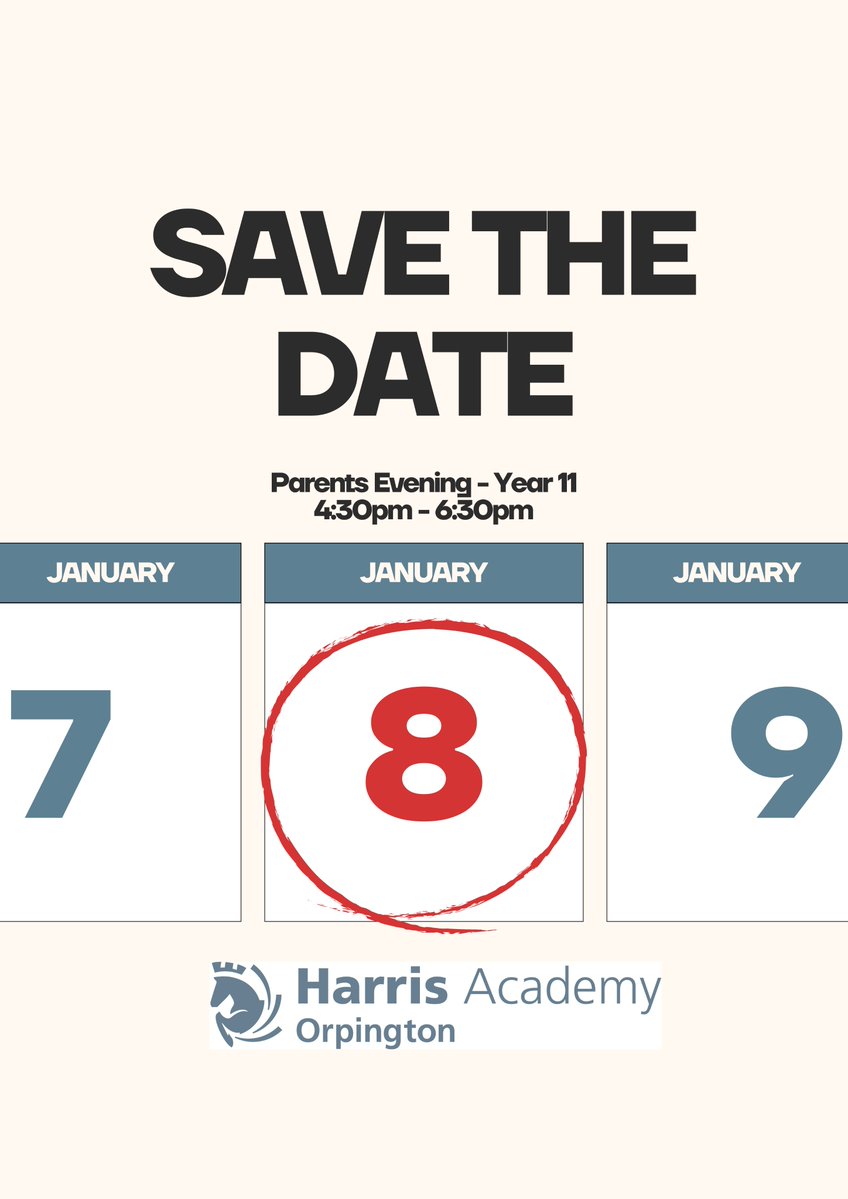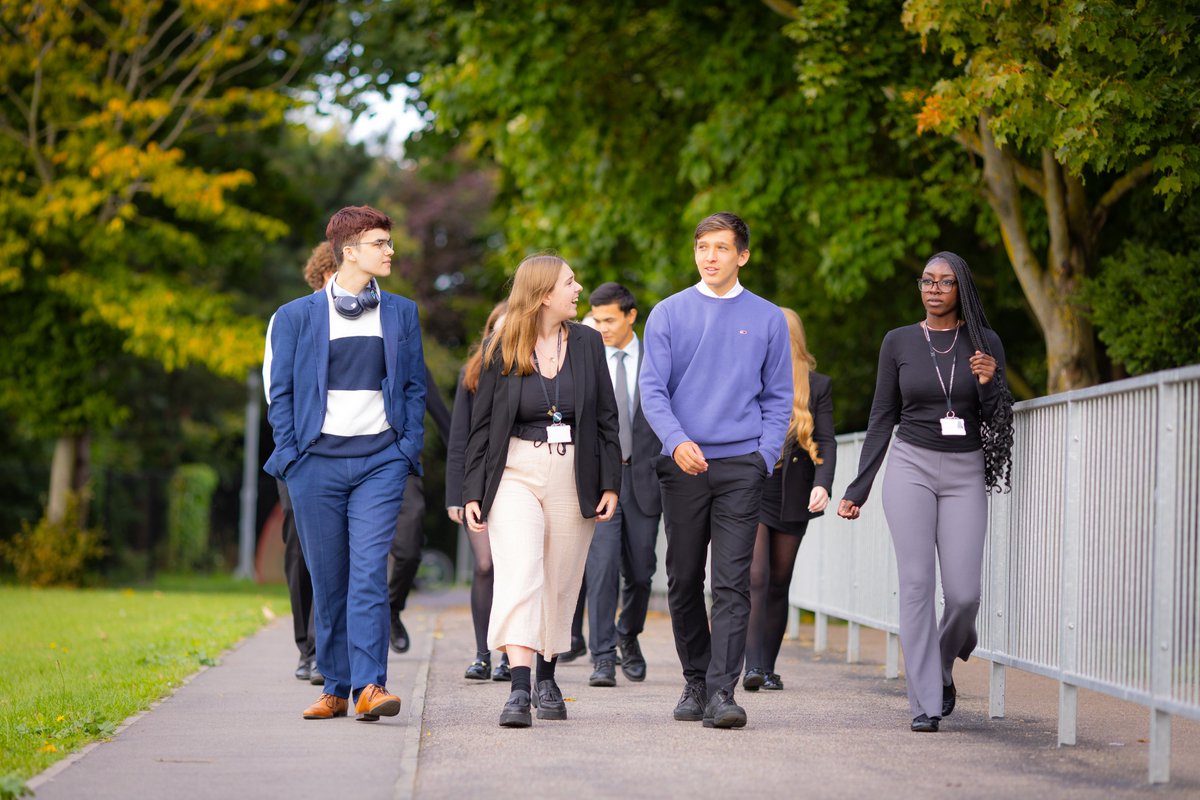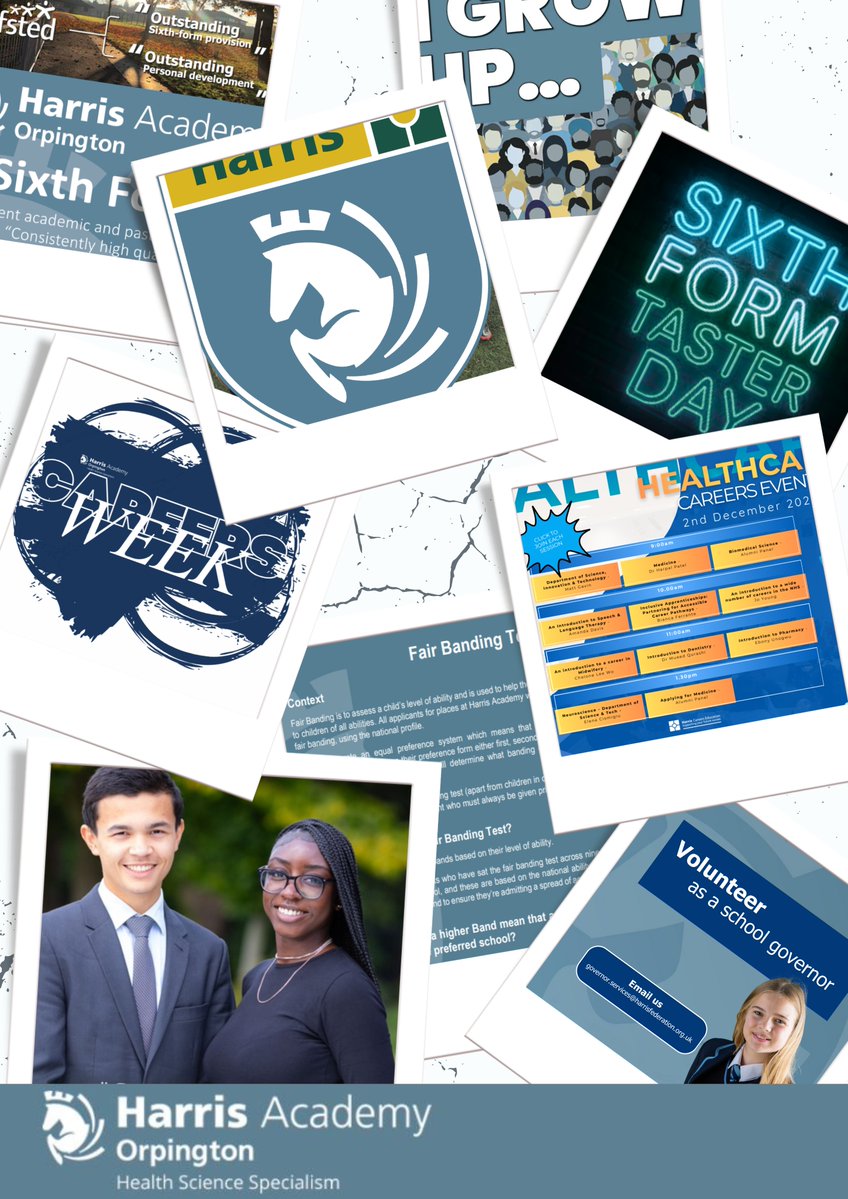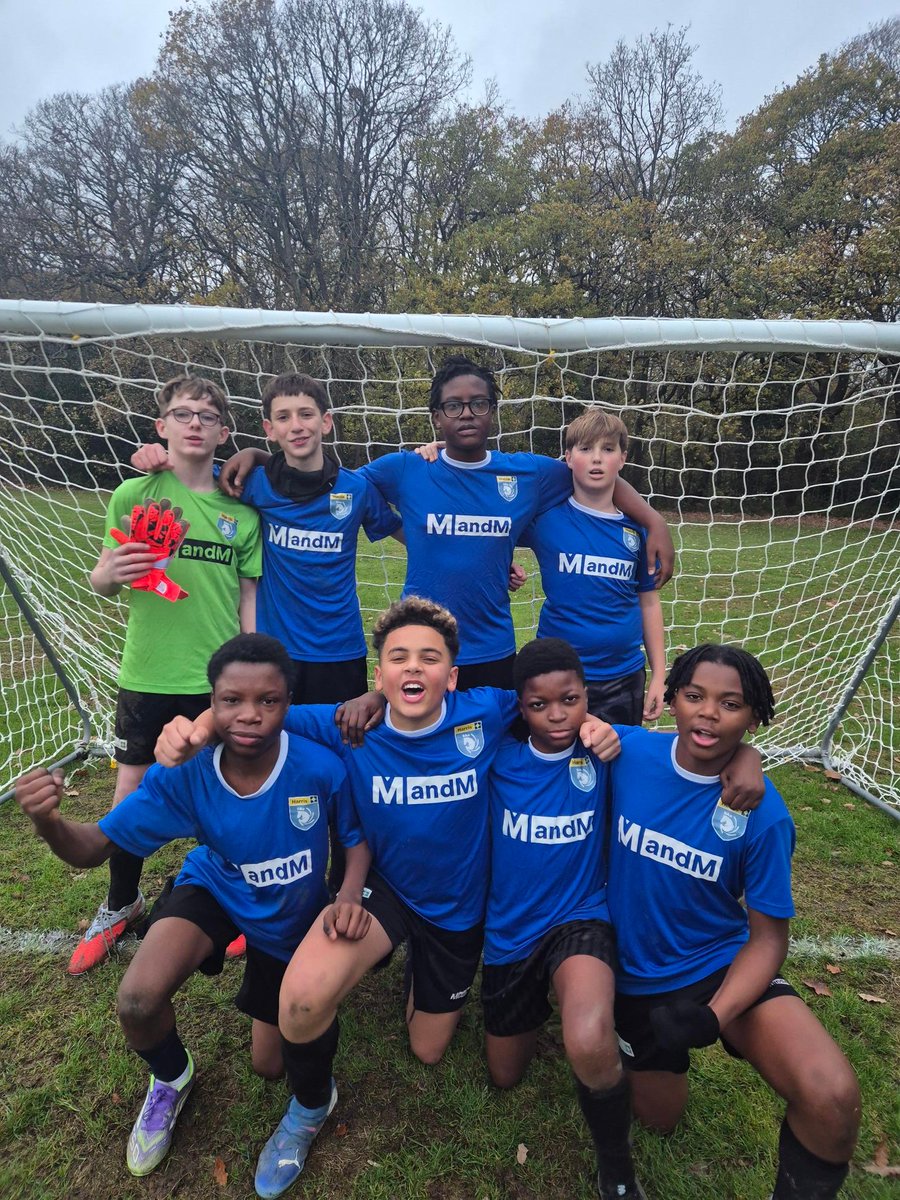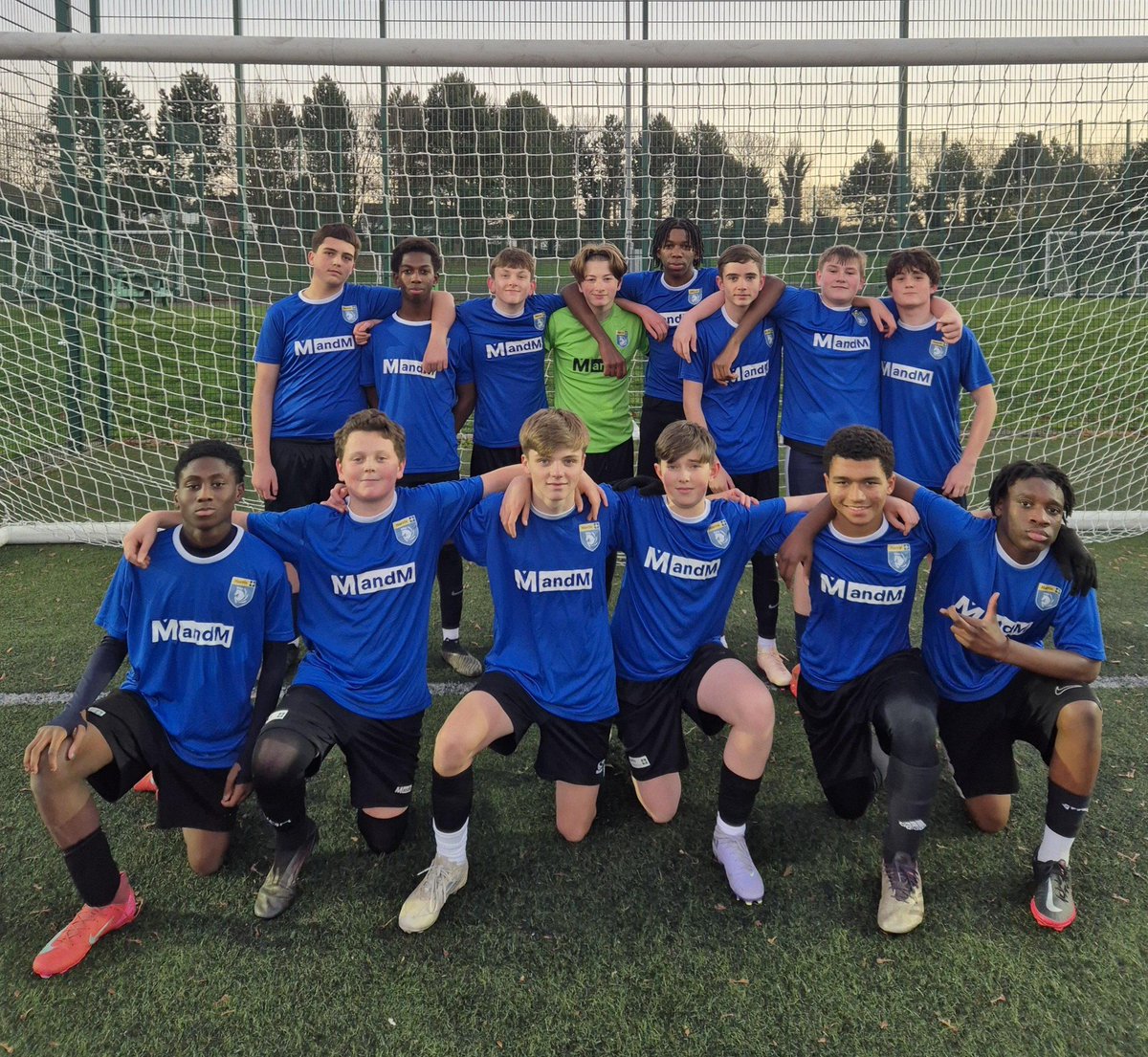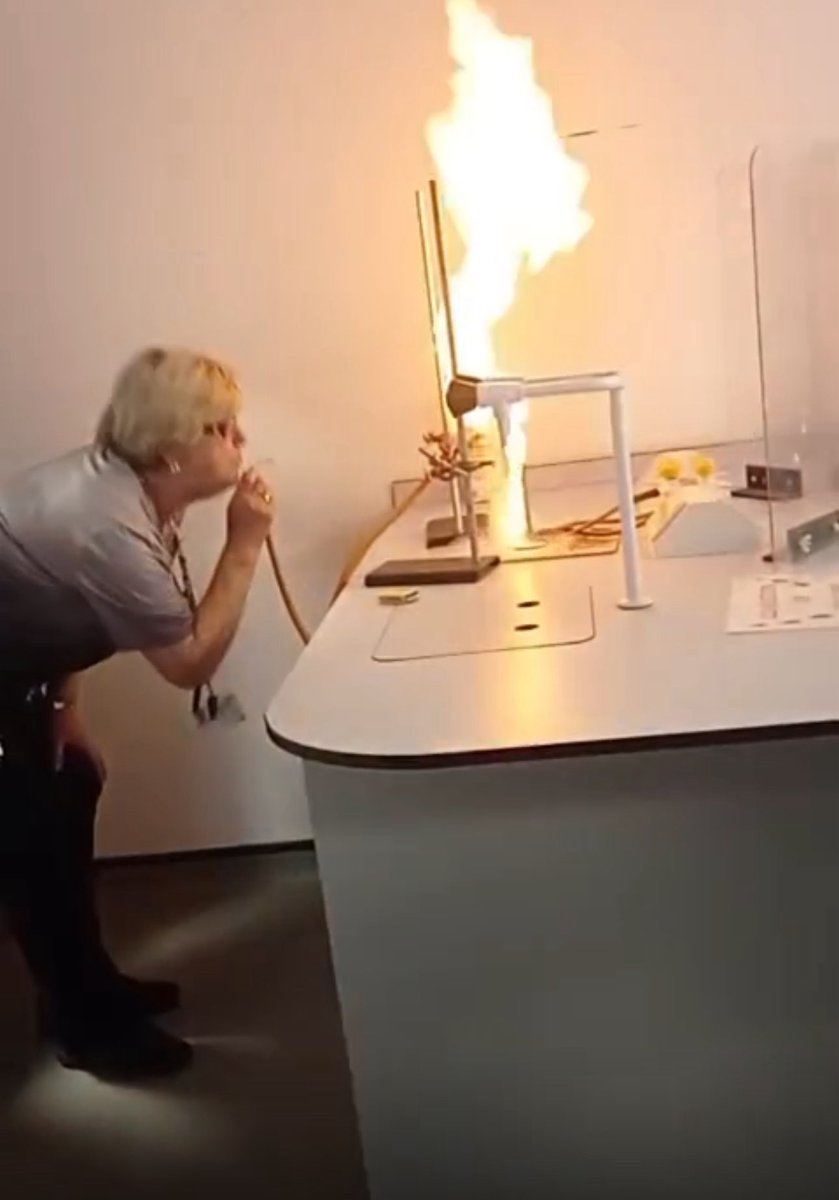Music and Performing Arts
“I would teach children Music, physics, and philosophy; but most importantly Music, for the patterns in Music and all the arts are the keys to learning.” Plato
The vision for the Harris Academy Orpington Music department is to empower every student with the skills and confidence to express themselves musically and creatively as well as to acquaint our students with the world’s rich musical heritage and traditions so that they can be assured and confident to engage with Music from any context or era.
Developing the inter-personal skills of our students to build resilience, cooperation, and collaboration, is a vital part of our curriculum so students are frequently challenged to perform their ideas to each other whilst being encouraged to evaluate the success of their performances and compositions.
The curriculum is designed to challenge the students both creatively and theoretically, and each unit shows progression to ensure prior knowledge is embedded and developed. Students have one 50-minute lesson per week in Key Stage 3 in Music classes which are mixed ability. Ensemble work is an integral element of Music and consideration is given to groupings to ensure all students have the ability to make progress.
To complement the curriculum, there is a variety of enrichment opportunities:
- A small number of students participate in the Harris Federation Choir and perform at the annual conference in October.
- In partnership with the Bromley Youth Music Trust, there is a wide range of extra-curricular opportunities for those students who want to develop their Musical skills and abilities beyond the classroom curriculum.
- Individual instrumental lessons are available to all students throughout the school from our team of dedicated and enthusiastic peripatetic teachers. Students are encouraged to accredit their learning and progress by sitting practical exams with a variety of examination boards appropriate to their instrument or style of Music such as Rock School, London College of Music, ABRSM, and Trinity College.
- Music theory is offered as an extracurricular activity and students sit examinations with ABRSM and Trinity College. HAO students have had particular success with these examinations and this has consequently raised both aspirations and progress.
The overarching aim of the Music curriculum is to create well-rounded, confident, and aspirational students. For those students who develop an aptitude for Music, the curriculum supports their preparation for further study at colleges and several of our students pursue Music or Musical Theatre beyond KS4 study.
What is the intention of the curriculum?
- To perform, listen to, review and evaluate Music across a range of historical periods, genres, styles and traditions, including the works of the great composers and Musicians
- To learn to sing and to use their voices, to create and compose Music on their own and with others, have the opportunity to learn a Musical instrument, use technology appropriately and have the opportunity to progress to the next level of Musical excellence
- To understand and explore how Music is created, produced and communicated, including through the interrelated dimensions: pitch, duration, dynamics, tempo, timbre, texture, structure and appropriate Musical notations
- play and perform confidently in a range of solo and ensemble contexts using their voice, playing instruments Musically, fluently and with accuracy and expression
- improvise and compose; and extend and develop Musical ideas by drawing on a range of Musical structures, styles, genres and traditions
- use staff and other relevant notations appropriately and accurately in a range of Musical styles, genres and traditions
- identify and use the interrelated dimensions of Music expressively and with increasing sophistication, including use of tonalities, different types of scales and other Musical devices
- listen with increasing discrimination to a wide range of Music from great composers and Musicians
- develop a deepening understanding of the Music that they perform and to which they listen, and its history
Students will acquire and develop this knowledge and understanding through a variety of creative and practical activities as well as developing students' competence and confidence in the three areas of performing, composing, and listening. The intention is to ensure that students study a range of Musical genres, performance practice, composition, and listening, that are as broad and balanced as possible and ensure lessons allow students to work as individuals and in groups or ensembles, developing creativity and performance practice, as well as interpersonal skills.
In addition to the curriculum, students have the opportunity to further develop and consolidate their practical ability and skills through the participation in a wide range of extracurricular activities at school and within the borough.
The practical activities are delivered through:
- Keyboard
- Singing
- Ukulele
- Djembe
- Music Technology
How will this be implemented?
Students should build on their previous knowledge and skills through performing, composing and listening. They should develop their vocal and/or instrumental fluency, accuracy and expressiveness, and understand Musical structures, styles, genres and traditions, identifying the expressive use of Musical dimensions. They should listen with increasing discrimination and awareness to inform their practice as Musicians. They should use technologies appropriately and appreciate and understand a wide range of Musical contexts and styles.
- Practical projects are planned across each year of Key Stage 3. Each project has been designed to provide opportunities for performing, composition, and listening as appropriate.
- Students will work both independently and collaboratively to understand the principles of Music in the wider context.
- Each project will focus on a particular discipline to build student confidence and knowledge. Active participation is encouraged for all students irrespective of ability.
Student engagement
The successful implementation of the Music curriculum is indicated and evidenced by the way that students value the subject. This is shown by:
- Students demonstrating a development in confidence and self-esteem
- Student ability to perform outside of their comfort zone
- Participation in Music activities outside of the classroom and beyond the Federation
- Students participating regularly in Music enrichment activities
- Positive Student voice
- Uptake of students opting to study a Music based qualification at KS4
How will we judge the impact of this curriculum?
It is important that both qualitative and quantitative measures of impact are considered. The impact of Music is explicit through exam and assessment results but it is also evident through the response of students.
In KS3, students undertake ongoing formative assessments within their Music lessons, and each half term includes an opportunity for them to perform and / or produce a composition at the end of each practical unit. The assessment model, and indeed the Key Stage 3 curriculum, are cumulative in their structure and content and so Key Stage 3 students are expected to develop their foundational understanding and know more, retain more, and be able to apply and engage their increasing knowledge and understanding into their musical practice.
Formative assessment and verbal feedback during the lesson is used to ensure that the curriculum is being delivered in an impactful way and to ensure all students are developing and making progress. Teachers frequently reflect on students’ musical and physical literacies and competencies, as well as their theoretical and cultural understanding of Music in its widest sense. They look to ascertain whether students are becoming more comfortable with all these aspects, as well as growing in confidence in articulating their thoughts, ideas, and explanations verbally, and demonstrating their practical progress. This means that students’ progress and performance is monitored so that students can be clearly guided to improved outcomes.
Students who take individual instrumental lessons are encouraged to sit external practical examinations with the relevant exam board. Students who take extracurricular theory lessons sit either ABRSM or Trinity College theory examinations at the appropriate grade. Those students who reach Grade 5 in theory and practical will meet the entrance requirements for Music at A-level. Those students who achieve Grade 6 or higher are eligible for a sliding scale of UCAS points adjusted for attainment when they apply for university.
At Key Stage 4 we offer the BTEC Tech Award in Performing Arts - Music Theatre Pathway. This is a continuation and expansion on what students have learnt at Key Stage 3 Music with the addition of acting and dance support to create a rounded Music Theatre performer. This course gives the opportunity to develop knowledge and technical skills in a practical learning environment. Students develop key skills, such as creating performance content for a real vocational scenario.
Everyone taking this qualification will study three components, covering the following content areas:
- Exploring the Performing Arts - developing an understanding of the performing arts including practitioners’ work and the processes used to create performance.
- Developing Skills and Techniques in the Performing Arts - development of performing arts skills and techniques through the reproduction of musical theatre repertoire as performers
- Responding to a Brief - contributing to a workshop performance as a performer response to a given brief and stimulus.
Once students have completed the qualification, they will have developed a practical understanding of the performing arts industry, and the roles and responsibilities of the people involved in performing arts industries.

